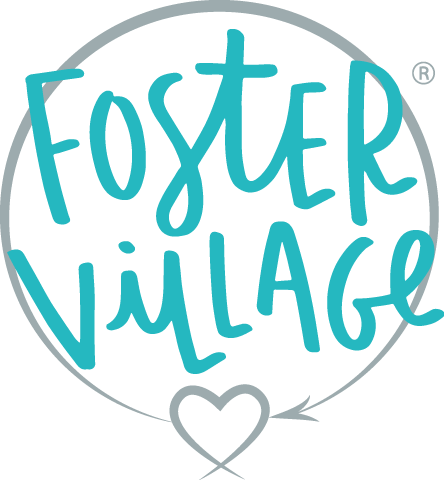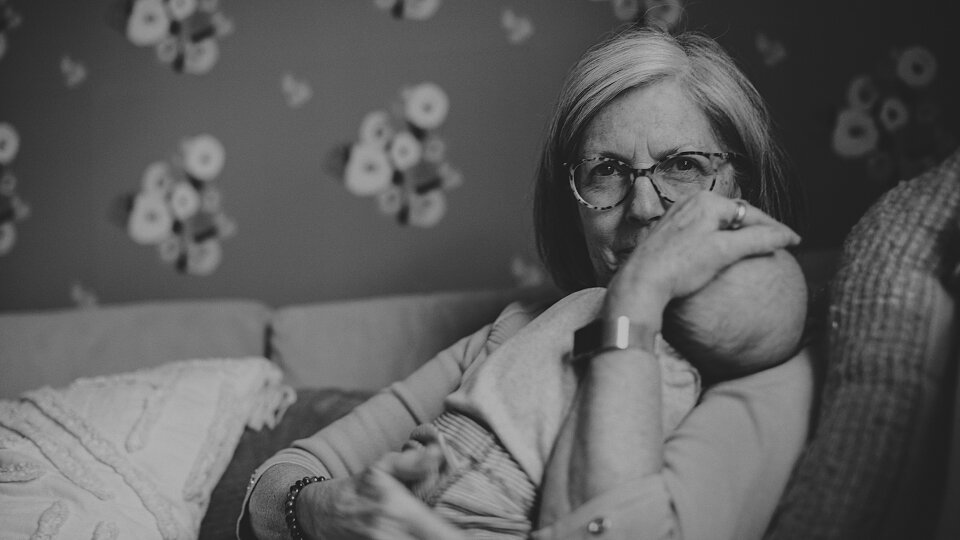The Difference Between Your Home and You're Home
I’mma grammar geek. Always have been. And as such, I’ve noticed one of the lessons that continues to elude 10-year-olds and well-educated professionals alike is the difference between “your” and “you’re.”
But it’s simple really – one shows possession (Jen, your husband is Tom Brady), and one is the contraction of “you are” (Jen, you are/you’re Tom Brady’s wife).
With that English lesson out of the way, let’s take it a more meaningful step further. People often ask me why I work in foster care and adoption. The answer is always the same: it’s because of the difference between “your home” and “you’re home.”
Your home is where you hang your hat and put your feet up at night, and while there is value and power in that sense of ownership, there’s no greater feeling than the sense of belonging when you’re home, among your family, where you’re protected, where you belong.
Why Do We Help Families?
Here’s why that’s at the heart of what we do at Foster Village.
-
The world is a sticky-tricky place for our kids with trauma history.
Many of the coolest chapters in the book of life are lost on them, and instead, they live in the disturbing pages that their young minds weren’t made to comprehend. Their stories tell of people who were supposed to protect them and couldn’t, and so, one of the many lessons they’ve learned is that home is scary and unsafe. -
To make it more difficult, when a child is placed with a safe family, everything that surrounds him is unknown.
New sights, new smells, new feelings, new experiences. It can be overwhelming for even the most well-adjusted of us. And included in that long ol’ list of newness is a new home filled with new people. Understanding how to fit in - especially with the lessons he’s already learned - is frightening and stressful to say the least. -
To complicate things further (are you seeing a pattern?), when a child has been harmed by her relationships, the way to heal from that kind of trauma is through relationships – the healthy and appropriate kind.
The kind where she’s enjoyed and valued rather than demoralized and manipulated. The kind that requires redundant creativity, forgiving structure, devotion on top of commitment, and giant heaps of unconditional love, to name just a few. Sound easy? Nope. Many caregivers need a hand with those most days.
Foster Village Provides Families with Wraparound Support
With that in mind, the motivation behind everything we do at Foster Village is to help kids feel the difference between “your home” and “you’re home” – the difference between having a home that is safe and feeling safe in a home.
Foster Village was created because children deserve a village beyond the system.
They deserve to feel that they are home.


